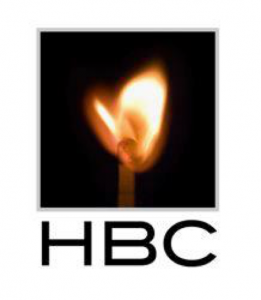| Past Week’s Weather. Weather on the Range over the past week has been dominated by a high pressure system moving steadily east though the southern states into northern Tasman Sea. Unstable conditions persisted in both upper and lower levels of the atmosphere with potential for some good falls of rain. It missed us up here and we only recorded 4 mm of precipitation. Winds back to NW on Tuesday and temperatures soared to the upper twenties before plummeting by 10 degrees the following day. Overcast conditions reduced Bright Sunshine to 58 hours; and for most of the day on Thursday we had cloud base zero.
Current Weather. UV Index yesterday was in the Very High category of 8 for just one hour between 11 and midday. Wartime Weather Forecasts in Australia In Australia, at the outbreak of World War II, strict censorship was imposed on all radio programs and they all had to be submitted to censors three weeks before broadcasting In June 1940, the Department of Information took control of the ABC 7.00pm nightly national news and weather. However, after considerable protests by listeners on the poor standard of broadcasting, control was returned to the ABC three months later! Many ABC staff members joined up as the war continued, giving the opportunity for women to become announcers, supervisors, and musicians. The first woman announcer, Margaret Doyle, was appointed in 1940, and by 1942, there were 19 women announcers The Bureau of Meteorology was taken over by the Department of Air in July 1940, with responsibilities for providing all meteorological services needed by the defence forces and in the public domain. Following the surprise attack on Pearl Harbour on Sunday morning 7th December 1941, Australia became highly vulnerable to attack from Japanese forces. All meteorological broadcasts of weather information in plain language were suspended. Action was also taken to discontinue sending weather information over the network of pedal wireless stations situated in various outlying areas in northern and central Australia because of it’s possible worth to the enemy. However, in the national interest it was essential that some means had to be found to provide weather forecasts to primary and secondary industries and yet still deny such information to enemy agents. It was resolved that the needs of primary and secondary industries in regional districts should be met by special district weather forecasts designed to meet the requirements of the main industry in each district. |
| This was to be telegraphed each day in code to all post offices in the district.
Postmasters were authorised to decode messages and provide plain language weather information over the counter to farmers whose bona fides were established. Those farmers without easy access to post offices had to make do as best as they could by examining distant skies. The ban of all weather broadcasting, especially warnings of cyclones, brought immeasurable suffering as was the case when Broome Air Force and Naval base received a cyclone warning but were unable to pass on the warning to the civilian population outside the town; with a result there was considerable damage to property and a reported loss of life. Joke of the Week. ~ Did you know that when a clock is hungry it goes back four seconds. |

